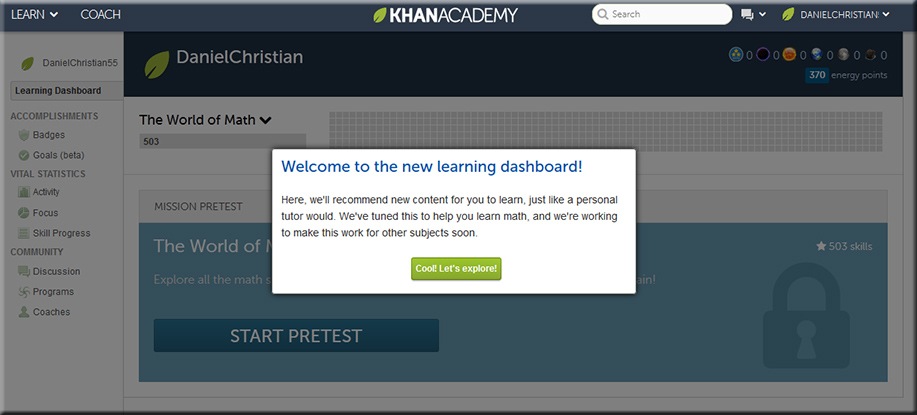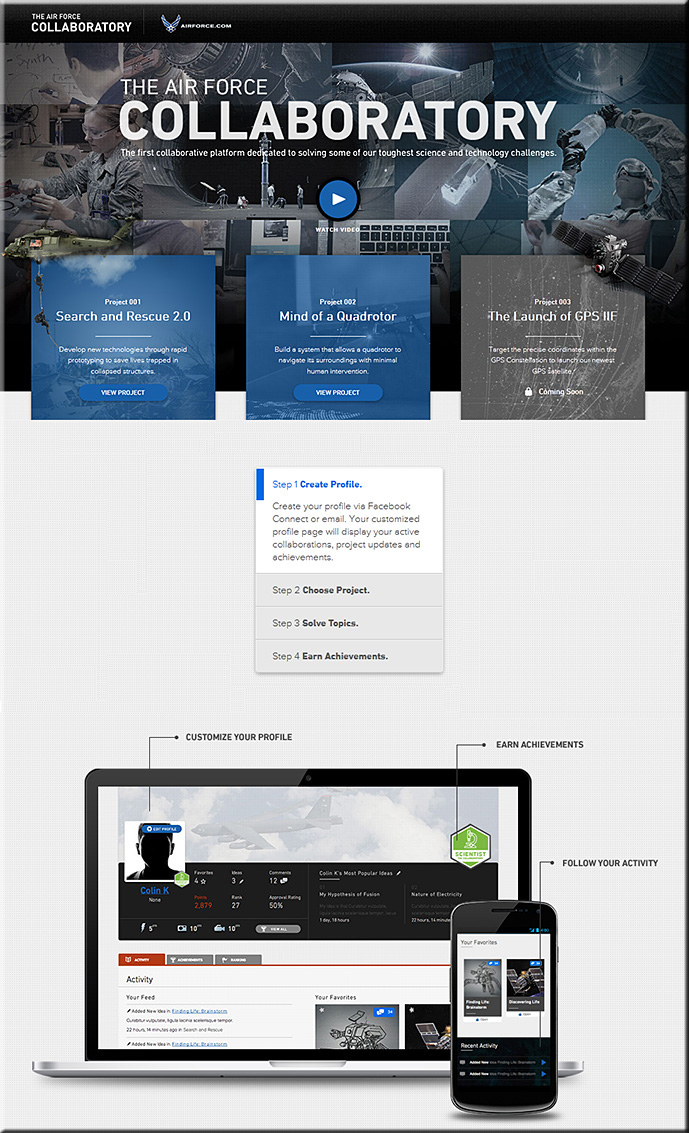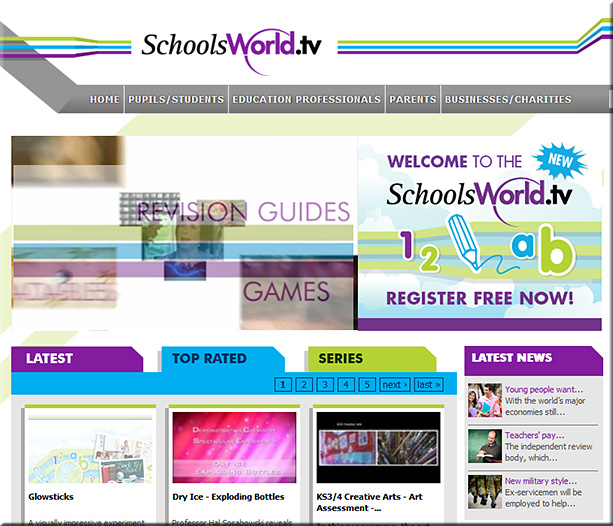Smart Machines: IBM’S Watson and the era of cognitive computing — from cup.columbia.edu by John E. Kelly III, Director of IBM Research, and Steve Hamm, writer at IBM and former business and technology journalist
Excerpt (emphasis DSC):
Computers today are brilliant idiots. They have tremendous capacities for storing information and performing numerical calculations-far superior to those of any human. Yet when it comes to another class of skills, the capacities for understanding, learning, adapting, and interacting, computers are woefully inferior to humans; there are many situations where computers can’t do a lot to help us.
…
But the goal is not to replicate human brains or replace human thinking with machine thinking. Rather, in the era of cognitive systems, humans and machines will collaborate to produce better results, each bringing its own skills to the partnership. The machines will be more rational and analytic-and, of course, possess encyclopedic memories and tremendous computational abilities. People will provide judgment, intuition, empathy, a moral compass, and human creativity.

From DSC:
Consider what Watson “read in” to come up with some recommendations:

Addendum on 10/14/13 (emphasis DSC):
Watson is being used to assist with the treatment of cancer patients. According to an article from medicalnewstoday.com, Watson is “revolutionizing cancer care and research and speeding up progress for patients.”
In that same article, it mentions that, so far, Watson has ingested:
- Over 600,000 pieces of medical evidence
- 2,000,000 pages of text from 42 academic journals and clinical trials based on oncology research
- A huge number of patients’ records spanning decades of cancer treatment history, including medical records and patient outcomes. Watson can sift through 1.5 million pieces of such records and provide doctors with evidence-based treatment options within seconds.
One of IBM’s General Managers who works with Watson said:
“breakthrough capabilities bring forward the first in a series of Watson-based technologies, which exemplifies the value of applying big data and analytics and cognitive computing to tackle the industry’s most pressing challenges.”









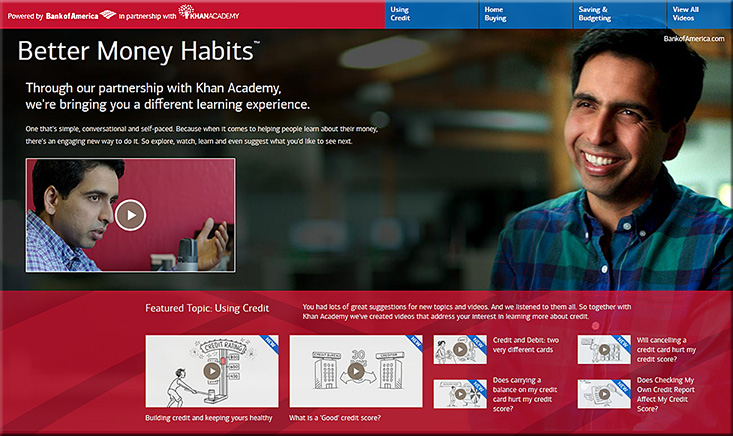


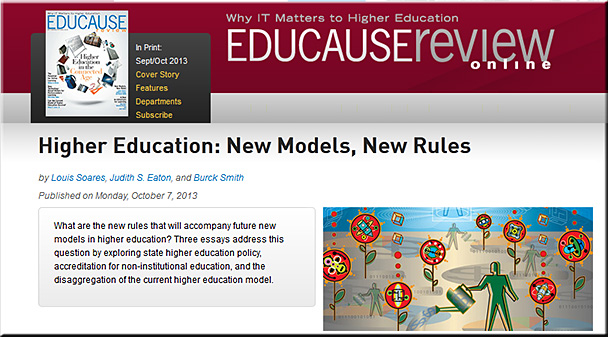

![The Living [Class] Room -- by Daniel Christian -- July 2012 -- a second device used in conjunction with a Smart/Connected TV](http://danielschristian.com/learning-ecosystems/wp-content/uploads/2012/07/The-Living-Class-Room-Daniel-S-Christian-July-2012.jpg)
